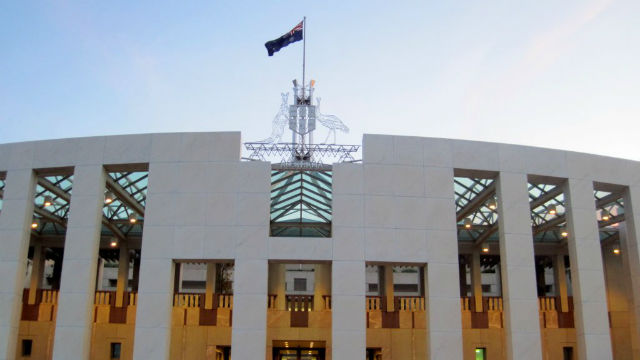

The growing instability of the nuclear family is a fundamental cause behind a great deal of juvenile crime, youth suicide and poor school performance. The report – Family and Marriage in Australia – analyses the consequences of the social, economic and cultural changes that have weakened and transformed marriage over the last 40 years and warns of the negative impact on children, family life and enduring relationships between men and women.
Author of the report, Barry Maley, argues that five major developments, interacting with each other, have worked to produce the transformation. They are:
- The steady implementation of ideas from the cultural, sexual and gender feminist revolutions of the 1960s
- The rapid expansion of the welfare state and the dependency it encourages
- The growth in family taxation to fund the rising welfare bill
- The elimination of marital misconduct as a factor affecting divorce settlements
- Entrenched unemployment from the 1980s to present, leading to delayed marriage and reduced birth rates
Maley criticises existing family policy and recommends a number of policy initiatives to restore the integrity of marriage and to strengthen family life:
- No-fault divorce should continue, but proven misconduct in a marriage, and desertion, should be allowable considerations which may affect the terms of a divorce settlement
- The introduction of a substantial, non-means-tested child tax credit (or cash allowance for poor parents) to help meet the costs of children and child care, and to replace all existing family payments and child care subsidies
- Radical overhaul of welfare to reduce the tax burden on families with children and to fund the increased child payments recommended above
- Rules to govern in vitro fertilisation of single women, and homosexual parenting
- Halting the coalescence of cohabitation and marriage by distinguishing sharply between cohabitation with children and cohabitation without children; with provision for reformed Family Law and divorce rules to govern cohabiting relationships with children
- Reform of the labour market and renewed efforts to tackle unemployment








